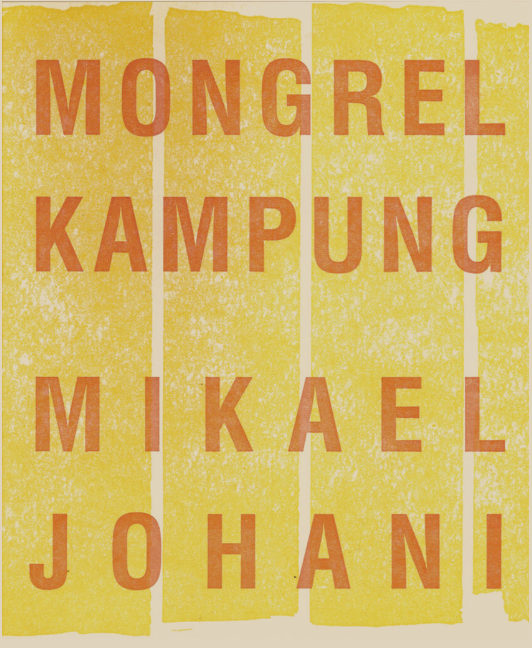safaristi
buat Edo
droning, skipping, chk-chk-chk-ing, you klip-klop dawns and discos, notwithstanding calamus and pitiful dragons, brandishing swords and falujas, quizzing folks on brixton, idm and vaka.
oozing black roses, you catapult pentatonic notes up to heaven, realizing just how much quizzing faiths sap your strength, how much quixotic flair it takes to swallow the moon.
ah ah ah yeah, anaemic beats aside, there’s peace in smashing heads, talking trash, mashing up samples in pitch darkness. finagle xanadu, jizz indiscriminately, quit meth. a vice grip infinitesimally.
